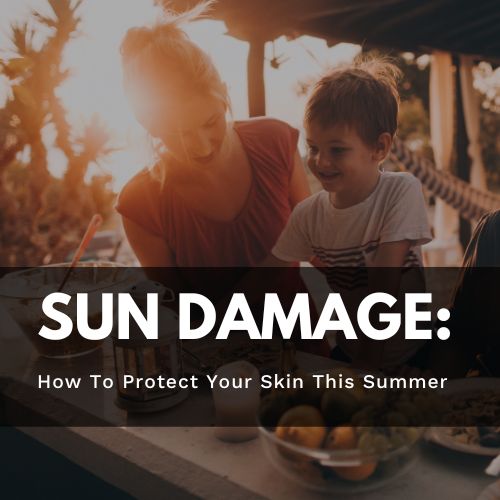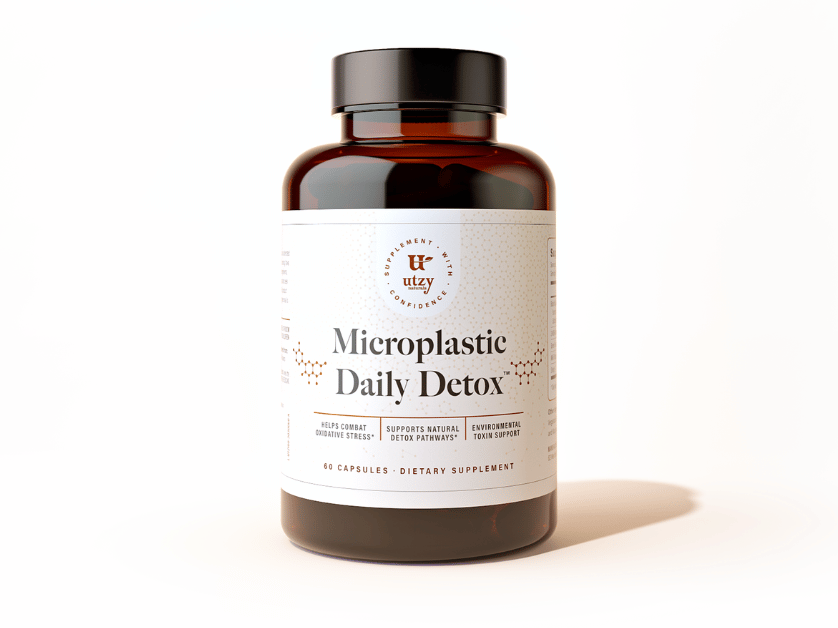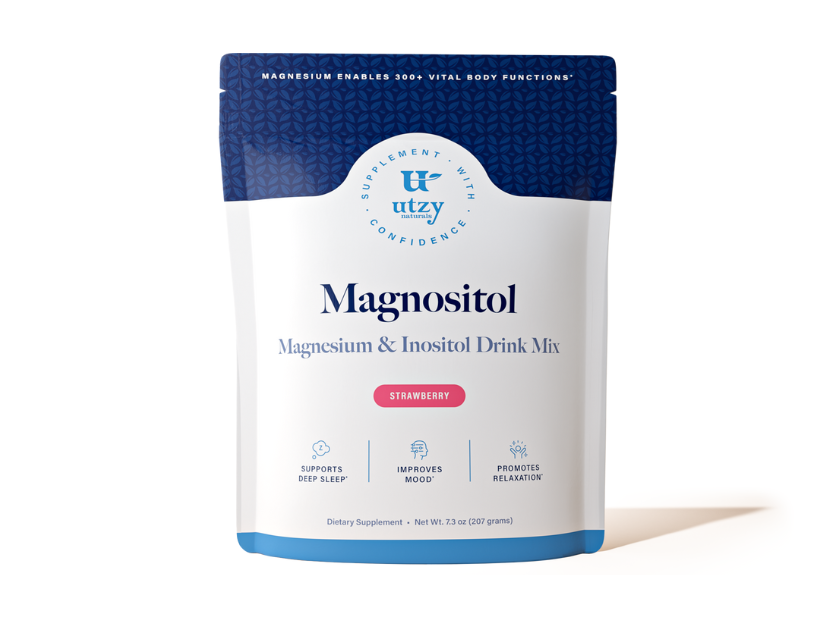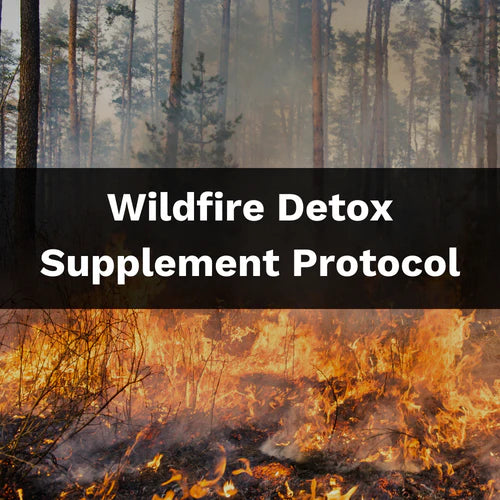shop
learn

How to Avoid Sun Damage This Summer
June 02, 2024 4 min read
by Samantha Thoms, MPH, RD
Is it possible to get sun-kissed this summer and still skip the skin damage?
Yes!
Learn how you can harness the benefits of sunlight and keep your skin healthy and stay radiant all summer long.

What are the Benefits of Sunlight?
Below are some of the top benefits of getting daily sunlight exposure.
1. Sunlight Boosts Your Vitamin D Levels
The first and most well-known benefit of sun exposure is the big vitamin D boost your body gets (1).
The same ultraviolet radiation (UV) that we are often taught to fear helps your body produce vitamin D from sunlight.
The definition of healthy blood levels of vitamin D continues to spark debate.
However, many experts recommend daily protected sun exposure and/or a vitamin D3 supplement to keep blood levels where they belong (2).
In fact, the further north people live from the equator, the more likely they are to develop certain kinds of health conditions (3).
This is due to the fact that lower amounts of exposure to sunlight often lead to lower levels of vitamin D.
Ever noticed how much better you feel when you step out to get some air?
2. Sunlight Increases Your Serotonin Levels
Spending time in the sun can affect your body’s production of serotonin and endorphins (4). Elevated serotonin levels are linked to improved mood, while endorphins help your body manage stress.
People that do not get enough sunlight exposure tend to have lower levels of serotonin.
Some researchers believe that these lower levels may be responsible for seasonal affective disorder (SAD), where people report lower moods during non-summer months when daily sunshine exposure is minimal.
3. Better Sleep at Night
The third, and most surprising, benefit is the relationship between sunlight exposure and better sleep.
As mentioned above, sunlight is linked to serotonin production. Your body uses serotonin to make melatonin, which is essential for good sleep (5).
Keeping melatonin levels in balance helps you stay sleepy at nighttime and feel alert and energetic during the day. In one study of nursing home residents, daily sunlight exposure during the summer months had impressive results in supporting better sleep (6).
After just 6 weeks, residents reported improved sleepiness at night, elevated alertness during the day, and overall improved feelings about their health.
So if you want to sleep better at night and have a better mood - make sure to take time to be out in the sunshine each day.
How Much is Too Much Sunlight?
A sunburn is the most obvious and painful sign of too much sun exposure.
But UV exposure without skin protection, whether it is from the sun or a tanning bed, can cause skin damage.
Early signs of skin damage include redness, age spots, loose skin, or a ruddy complexion.
Because the benefits of sunshine cannot be ignored, the World Health Organization (WHO) does encourage spending about 5-15 minutes in the sun with arms, hands, and face exposed about 2-3 times per week (7).
The key is to get some sunshine on your bare skin, but not too much.
In addition to spending time outdoors, most people still need a vitamin D supplement to maintain healthy blood levels, especially outside of the summer months.
Get your level tested and talk about your Vitamin D needs with your healthcare provider.
Wear sunscreen if you plan to be outside for longer than 15 minutes or if you notice your skin starting to redden.
How to Protect Your Skin from Sun Damage
Below are the best natural tips for protecting your skin against sun damage.
1. Wear Sunscreen with Zinc Oxide and Titanium Dioxide
Whether dashing out the door on the way to work or sunbathing, sunscreen needs to be part of your daily routine.
Due to some recent controversy, picking the right type of sunscreen has gotten a bit more confusing.
Most professional health organizations recommend a broad-spectrum, water-resistant sunscreen that has a sun protection factor (SPF) of at least 30. A broad-spectrum sunscreen blocks both kinds of UV, which are UVA and UVB.
You should apply sunscreen about 30 minutes before going outdoors.
The active ingredients in broad-spectrum sunscreen often include one of about a dozen chemical UV filters.
These filters work by blocking harmful UVA and UVB rays that can cause skin damage.
A recent study found that these chemical filters are absorbed all over the body when applied to the skin. This means ingredients found in sunscreen pass into the blood and may exit the body later through urine or even breastmilk.
If you are concerned about the potential risks of chemical UV filters in sunscreen, look for sunscreens that contain zinc oxide or titanium dioxide.
These natural minerals also work as UV filters but they are not absorbed into the body the way chemical UV filters are.
Currently, the FDA also lists zinc oxide and titanium dioxide as the safest and most effective UV filters on the market.
Make sure to reapply sunscreen every two hours, or sooner if you are sweating or participating in water sports. Remember to apply sunscreen on cloudy days as well.
2. Be Strategic About The Time You Spend in the Sun
Keep in mind that UV is usually the strongest between 10 am and 2 pm. Make sure to apply sunscreen if you will be outdoors for long stretches of time during these hours.
Long sleeves, sunglasses, and wide-brimmed hats are fashionable choices that also double as effective skin protection.
3. Use Natural Skincare Products
Skin products with plant-based antioxidants can also help protect your skin from sun damage.
For example, propolis, which is found in plants and collected by honeybees, has been shown to reduce inflammation and signs of UV damage on the skin.
Green tea, pomegranate, and grape seed extracts also have similar effects when applied to the skin.
Products that contain the vitamins ascorbic acid (vitamin C) and vitamin E are particularly effective at helping you block UV rays as well. We include both of these key vitamins in our Essentially-U multi-vitamin formula.
What are your tips for safety getting sun in the sun?
Share below!

Leave a comment
Comments will be approved before showing up.
Also in Health
Subscribe
Sign up to get the latest on sales, new releases and more …
Join the Utzy Naturals Club!
Sign up and get the latest on sales, new releases, and more...






